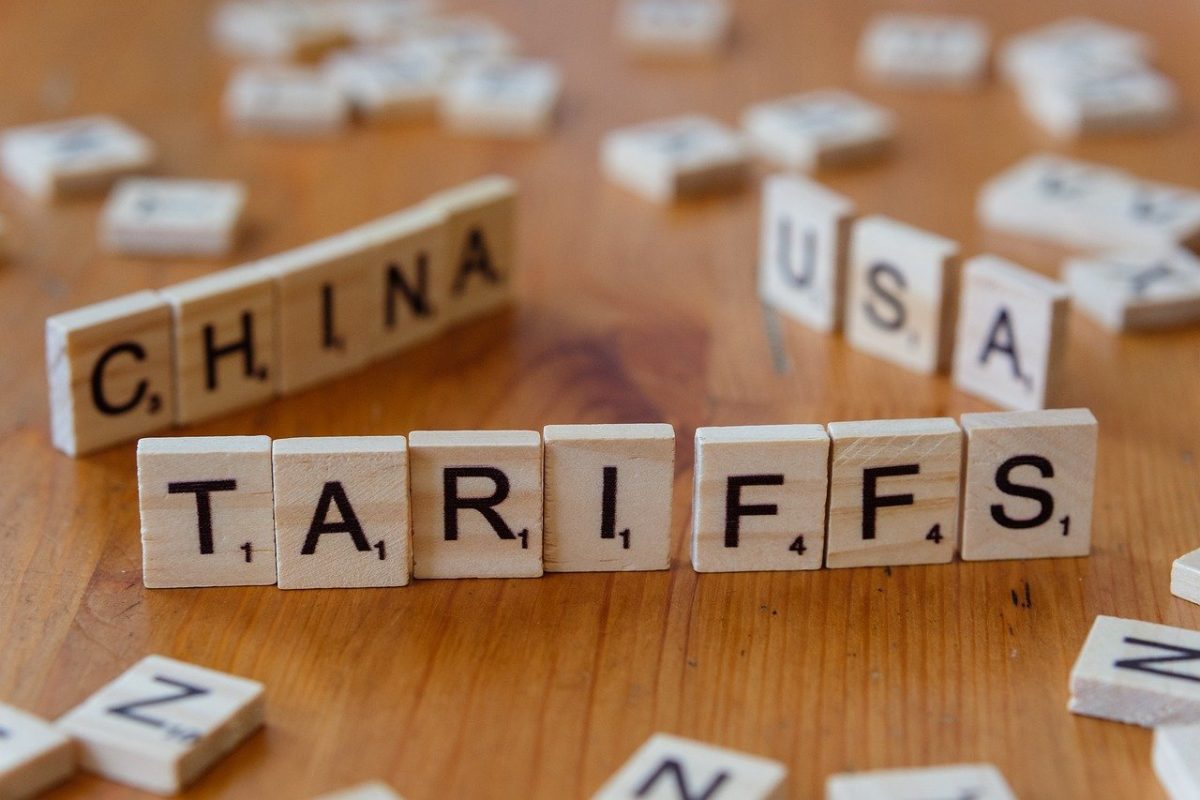Why does a phone case now cost five dollars more than it did last semester? Or why are sneakers priced higher at your favorite store? These rising costs may be more than inflation- they result from sweeping tariff policies recently implemented. by President Donald Trump during his current term in office. In April 2025, President Trump announced a new wave of tariffs targeting imports, effectively imposing a minimum 10% tariff on all foreign goods. He cited a national economic emergency and the need to support domestic manufacturing (Whitehouse.gov, 2025).
Tariffs on Chinese imports were especially steep, rising to. as much as 145% in some categories (China Briefing, 2025). “This is about American independence,” Trump said during a rally in Michigan, according to The New York Post (NYPost.com, 2025). “We are not going to let countries like China take advantage of us anymore.” While the policy has been a political win among Trump supporters, economists are warning of deeper economic consequences.
According to the Financial Times, the U.S. economy shrank by 0.3% in the first quarter of 2025, and consumer prices are already climbing (FT.com, 2025). In addition, The Washington Post reports that the closure of the “de minimis” loopholes, previously used by companies like Shein and Temu to avoid tariffs, has significantly increased the cost of online shopping (Washington Post, 2025). These changes are now trickling down to everyday consumers.
”I’ve had to raise prices on basic goods just to break even,” said a local beauty supply store owner. “Customers are frustrated, but there’s not much we can do. We’re paying more for inventory than ever before.” This sentiment is echoed by students, who are also beginning to feel the economic pressure. “I bought the same earbuds I lost last year, and they were $15 more this time,” said Ivan Correa, a senior. “It doesn’t seem like a big deal, but it adds up.”
Despite these concerns, Trump’s Republican allies in Congress have blocked attempts to reverse the tariffs, according to The Guardian (The Guardian, 2025). A proposed bipartisan bill to scale back parts of the policy stalled in committee, leaving few short term alternatives. Public opinion also appears to be shifting. A recent Financial Times Michigan poll found that only 42% of Americans currently approve of Trump’s economic policies, down from 55% at the start of the year (FT.com, 2025).
As the long term effects of these trade policies continue to unfold, Americans may face lasting consequences: higher costs for everyday items, reduced global competitiveness for businesses reliant on international parts, and increasing strain on lower income families and small retailers.
For now, the effects of global trade wars are no longer confined to economic forecasts, they’re arriving on our doorsteps, in our shopping carts, and our receipts.


































